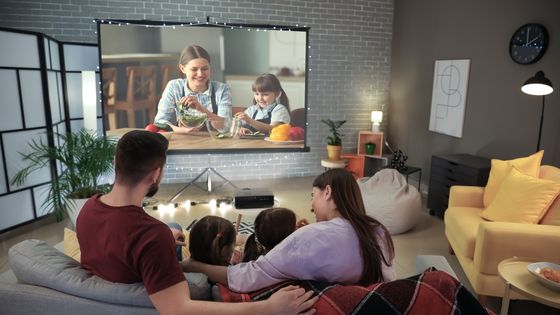Have you ever wondered how a great film can affect your child? Like we watched 1992 space movie to inculcate dreams in kids to be astronauts, we have many other movies in dynamic categories. We asked several experts and reviewed education research to see how films can confidently and adversely affect children. There are many child-friendly cinemas.
Screen time is at the centre of much discussion and is usually discussed in light of its negative impact on children. Social media is the most common form of screen time in these discussions. But there may be another type of shape that is more popular, especially in old age – movies and TV.
We researched education and enlisted the help of a Developmental Psychology Specialist to discuss the effects of movies on children’s development.
What we observed from the studies
We look at a wide range of research conducted by The American Academy of Pediatrics and other journals in the field of education. We summarized what the research has shown.
The negative impact is created on the development of the child
Research has confirmed that television and movies can harm children, ranging from problems with fitness and growth and language development difficulties in children under two and are even linked to smoking and problems with aggression and curiosity in the elderly.
Research has shown that children’s development in their language is influenced mainly by the number of time parents and dads spend with them. In light of these studies, researchers have shown that vocabulary development is impaired in families that frequently use television. Another thing to consider is the issue of older children, and advertising in the media (TV, movies and music in general) contributes to the seven negative fitness scores. The study covered 80 per cent of the hundred peer-reviewed studies with a statistically significant link between obesity and media exposure.
The positives results of watching movies for kids
On the other hand, there are also some significant elements of children’s movies. For example, they can offer educational materials to help expand children’s character and vocabulary among older children, increase empathy and promote excellent social interaction.
In particular, research has shown that children can respond to the film’s influence by stimulating emotion, empathy, and unique social interaction. Videos are also an academic complement to route material in most classrooms and may, in some cases, provide educational fees in an old-fashioned context. Another aspect of learning, language acquisition, can also benefit from using videos. Language is discovered through advertising which is a way of understanding. The video gives children many opportunities to access this entry and improve their language proficiency (as long as they are not big enough to understand the context and the challenge entirely).
Also Read: Stream Online Videos, Movies and TV Shows on Queenslandmax, A Complete Guide for New Users
Conclusion
Perhaps you are wondering what is going on. If my child watches children’s movies, he won’t find any inappropriate, degrading topics for improvement. However, most children’s movies contain issues that are pretty questionable at first glance.













